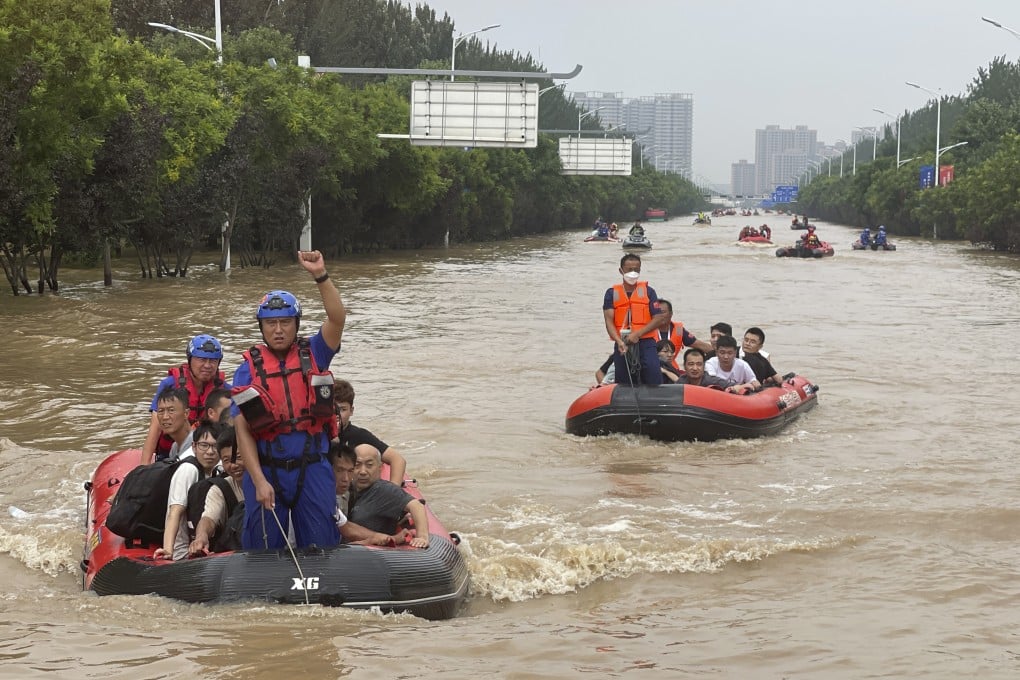More people are living in flood-prone areas despite risks from climate change with biggest increase in China, study finds
- Settlements in flood zones more than doubled worldwide in the three decades to 2015, with the biggest expansion in China
- While the benefits of developing in such areas ‘may be worth the risk’ there is a need to prepare for extreme weather, lead author says

The world’s second most populous country was the biggest contributor to the global expansion of high-hazard settlements, the study found.
It was conducted by researchers from the World Bank, Swiss data consultancy MindEarth and the University of the Aegean in Greece. Their findings were published in the peer-reviewed journal Nature last week.
Lead author Jun Rentschler, a senior economist at the World Bank, said many countries were rapidly increasing their exposure to floods, despite the need to adapt to climate change as it intensifies flooding disasters worldwide.
Rentschler, who focuses on the intersection of climate change and sustainable, resilient development, said China’s “extraordinary growth over the past decades” had fuelled urbanisation.
